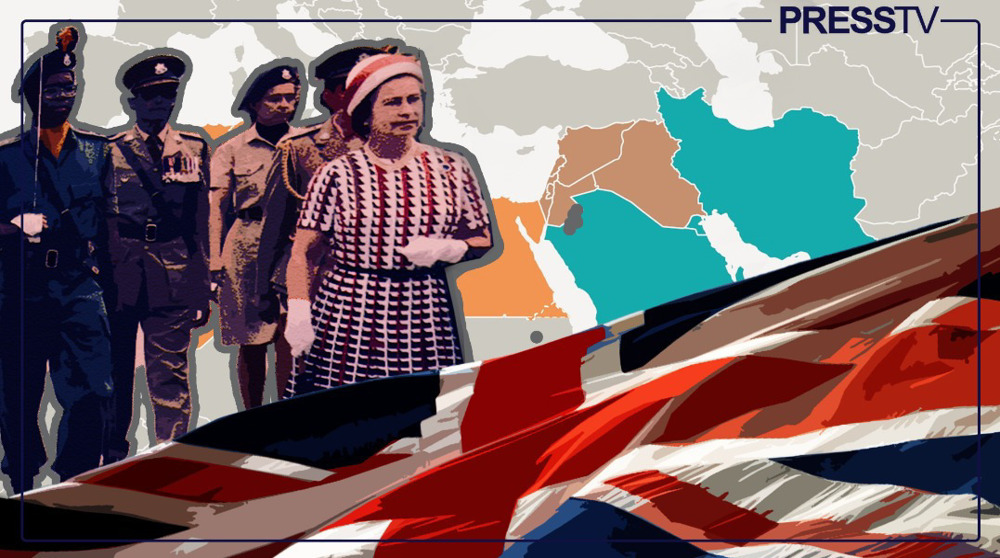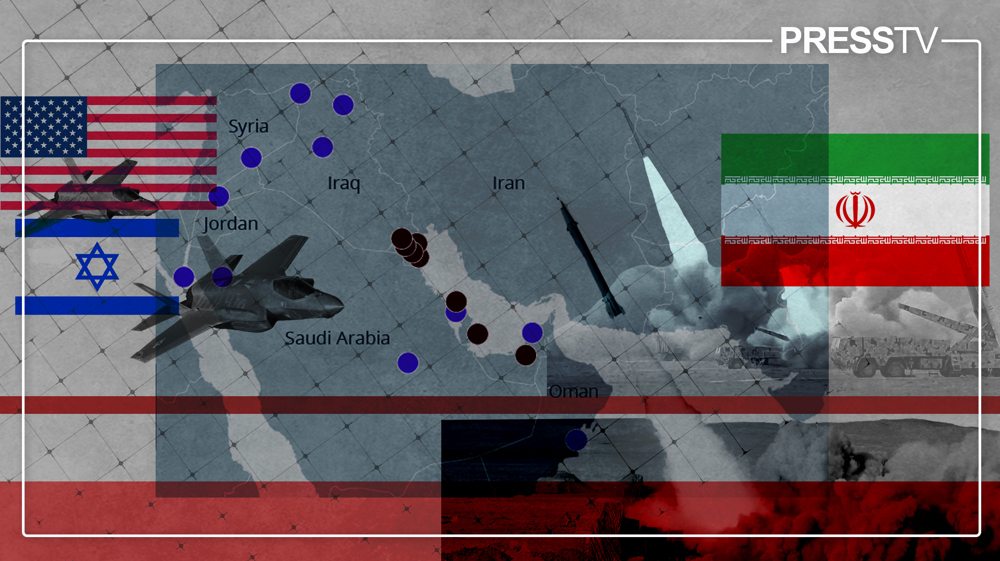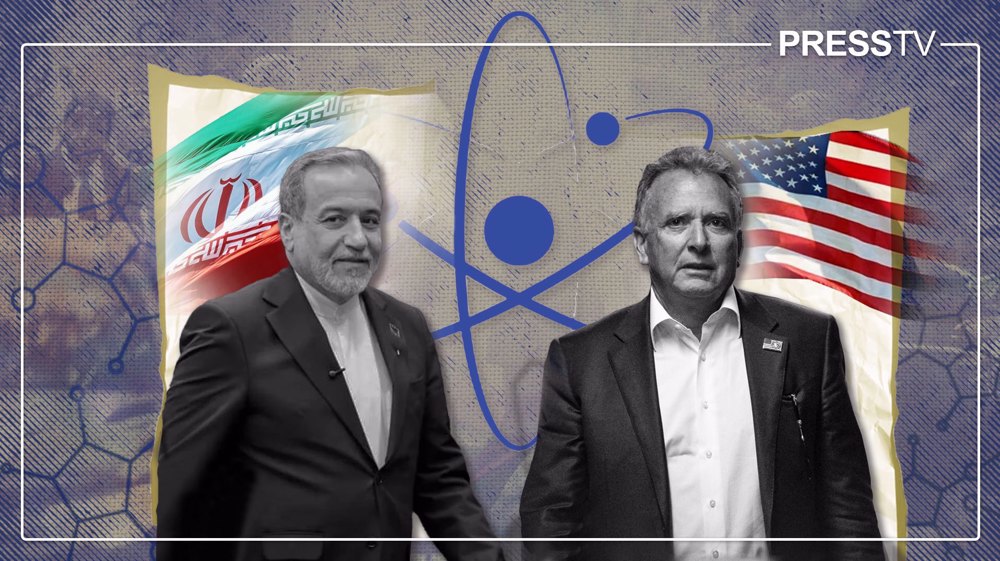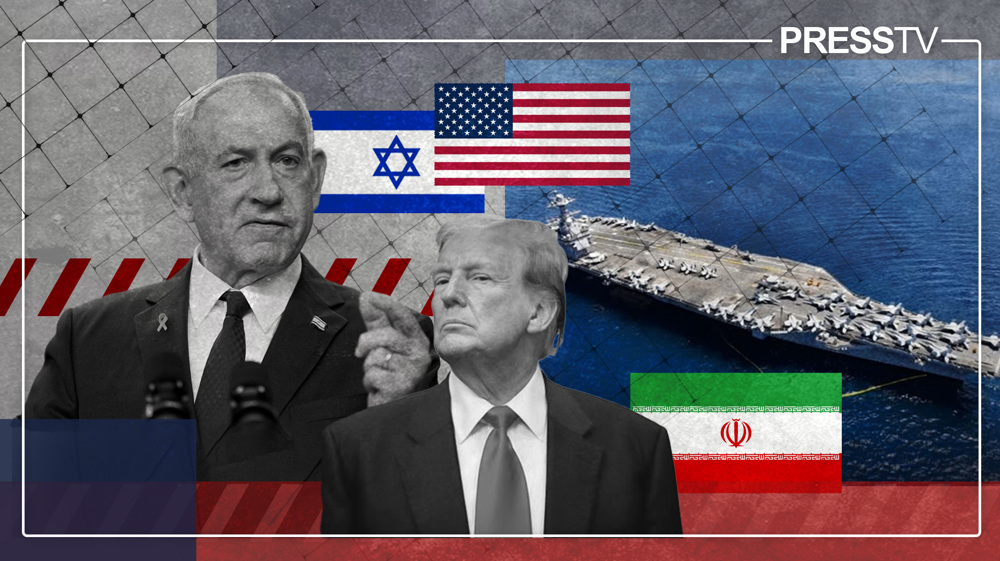Queen Elizabeth II’s 70-year reign marked the burial of British empire
By Batool Subeiti
Queen Elizabeth II’s ascension to the throne marked the end of the colonial British Empire and the era of direct occupations as enshrined in the Sykes-Picot agreement between Britain and France after the World War I, in which they defined their mutually agreed spheres of influence.
The remnants of this infamous agreement are the borders that were carved and remain today as ticking time bombs.
After World War II, the United States rose to prominence and took the reins of leadership, replacing European competition in the continent that came to be known as the old continent.
This was the result of a real struggle, where Britain could not match US strength in competing for spheres of influence, although they tried to maximize what they could get from this war of influence and did not give up easily.
As the new hidden conflict representing the replacement of British and French influence by American influence began, this period witnessed the foiling of liberation movements led by the people of the Western-occupied lands, to begin the era of indirect occupation by the surrendered agents of Western civilization.
The result of this was coups and developments that took place in West Asian and North African countries, most notably:
- the US acting as the main sponsor for the entity supported by the British Balfour Declaration.
- The shift from British-backed monarchy to Republic in Egypt, 1952
- The shift from a British-backed monarchy to Republic in Iraq by Abd Al-Karim Qasim in 1958.
- The tripartite aggression on Egypt, 1956.
- The Coup d'etat on Mossadegh's government in Iran, 1953.
- The separation of Pakistan from India and the formation of Bangladesh (formerly East Pakistan).
- The indirect ruling of the Gulf states.
- White dominance in Zimbabwe and South Africa.
Britain becomes an extension of America
The reality is that these events signified the transition from direct British colonialism to submission under the domination of American influence, under the guise of "independence", "liberation", and tripartite slogans.
A new era of indirect colonial domination began, appearing to be hostile to colonialism and supportive of the liberation revolutions on the ground, however, the reality encompassed deposing any power rivaling America.
This transformed the colonial countries in Europe, especially Britain, into an extension of American policies acting under their direction.
Britain became the center of conspiracy exports and played a continuous role in arenas where the American administration moved to extend their influence, often playing the dirty role needed for unjustified policies.
Examples of this include Saddam's West-backed war on Iran, and senior and junior Bush's war on Iraq that sought to directly consolidate America's powerful military presence, choosing Iraq as its center to lead the affairs of West Asia.
Britain had a military and security role in supporting the American strategy for the region, in exchange for some investments and gains.
Britain’s inability to lead and be led in Europe
The integration process of Eastern European countries into Western Europe after more than 40 years of communist rule was a mammoth task, especially due to the contradiction with capitalism running in the West.
Germany took on the lead with the transformations after the collapse of the Soviet Union, however, Britain was unable to keep pace with the transformations, let alone play the strategic task itself, dealing with it from the angle of the ethnic and service threat the immigrants may pose.
Britain was not fond of Germany's leadership in the transformations of the continent in partnership with the French, and certainly not being under the control of European legislation, which led to separation from the European Union after the two parties turned into a burden for one another since Britain could not play a leading role while it can't handle being under EU leadership.
Britain’s shrinking economy
Britain transformed from an entity that pioneered the industrial revolution, into one where its industries declined and its economy became dominated by the risky financial and services sector.
After Brexit, Britain became a limited economy in the midst of huge economies, America from the West and Europe from the East, not to mention China and its growing economy, which is not far from being the largest worldwide.
Britain’s colonial legacy
Queen Elizabeth II was a witness to the era of decline in British influence, retreating from an Empire on which "the sun never sets", to a Kingdom that could hardly keep its four provinces united.
Britain transformed from being the center of decision-making, with all that this requires in terms of planning, preparation, and implementation, into an entity with limited influence, with its influence being marked by the remnants of the momentum associated with the colonial legacy and its psychological impact on peoples, such as English being the most widely acknowledged language in the world.
Despite the radical change in role, whereby Britain is no longer in control of direct colonies, the colonial mentality still lingers in the mind of policymakers, treating former colonies and protectorates with contempt, although the continued self-esteem and deep prestige carried is not based on any tangible reality.
The past 70 years have marked the end of an era for Britain to occupy an independent role in the international political scene, rather it has played a marginal role in between the greater roles.
This has been a dominant feature of Britain's foreign role since the Queen’s reign and this role continued to transform and decline with the succession of the governments, until her death and the handing over of executive power to the fifteenth government, just two days before her death.
Batool Subeiti is an Energy Engineer and political analyst based in London, UK.
(The views expressed in this article are author's own and do not necessarily reflect those of Press TV)
Iran posed no imminent threat to US: Pentagon tells Congress
Iran will hold no negotiations with US: Larijani
Despite Leader's martyrdom, Islamic Republic firmly in control and punishing the enemy
At least 31 killed in Israeli aggression on southern Lebanon after Hezbollah strikes
Iran writes to UN, warns about dire consequences for perpetrators following Leader's martyrdom
Hezbollah strikes occupied Haifa in retaliation for Leader's assassination
Ansarullah mourns Leader's martyrdom as 'great loss' caused by 'most wretched terrorists'
Hezbollah offers condolences to Iranian nation over Leader’s martyrdom










 This makes it easy to access the Press TV website
This makes it easy to access the Press TV website